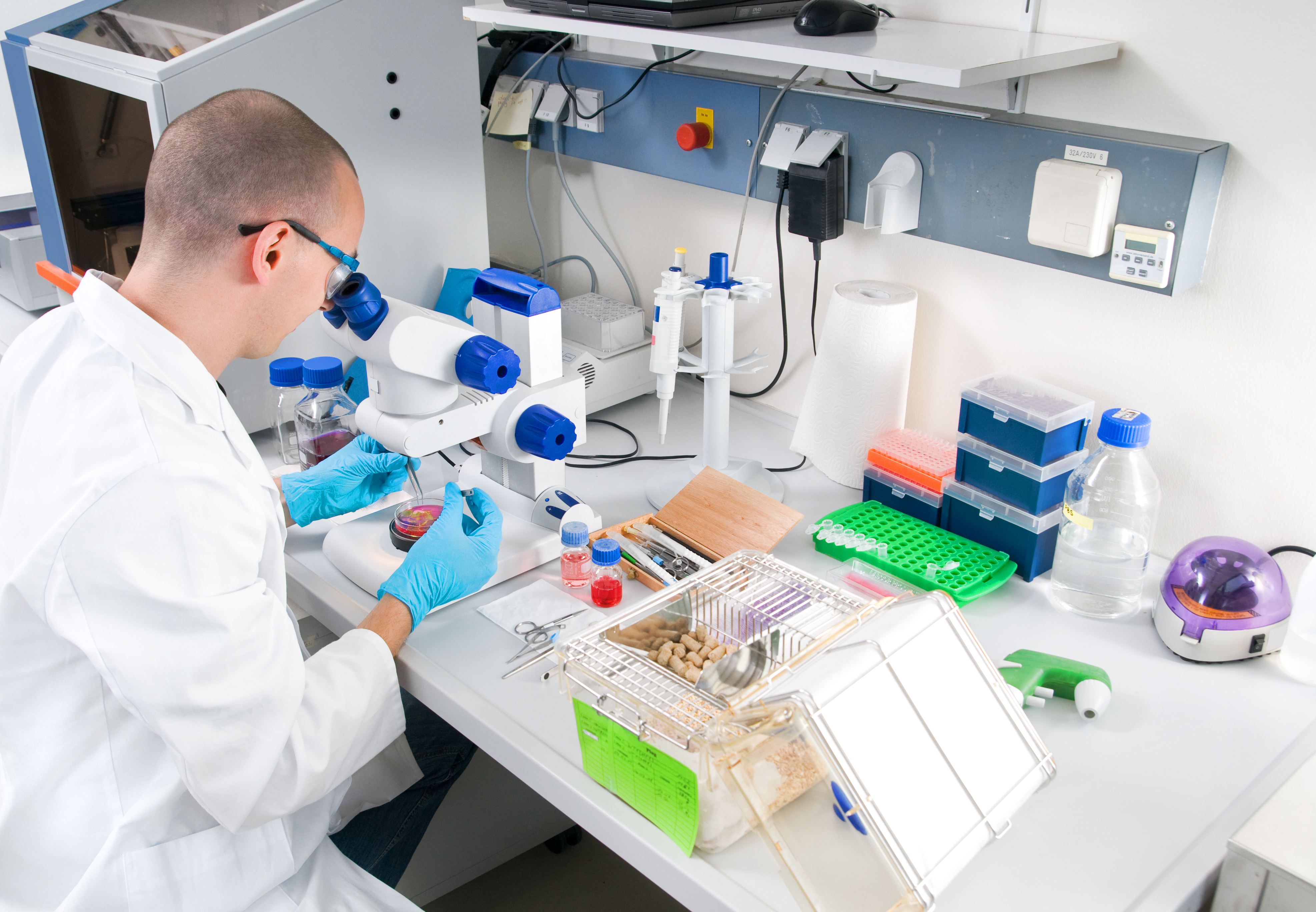Researchers investigating cell shedding and regeneration in the lining of the intestines found that this process, essential for good health, is negatively regulated by the epidermal growth factor. The finding may lead to new targets for disorders like inflammatory bowel disease (IBD), in which pathological intestinal cell shedding is observed.
The study, “Epidermal growth factor suppresses intestinal epithelial cell shedding through a MAPK-dependent pathway,” was published in the Journal of Cell Science and conducted by investigators at The Saban Research Institute of Children’s Hospital Los Angeles (CHLA).
Cell shedding in the intestinal lining is essential for tissue turnover and the maintenance of health and homeostasis. Although the lining is the most rapidly renewing tissue in the body, the process by which it sheds cells from its inner surface is not fully understood, particularly in terms of the molecular signaling that regulates it.
Altered cell shedding is known to be related to a number of diseases, including colorectal cancer and IBD. Several different recent studies have pointed to cell shedding as the possible cause of the loss of the intestinal barrier during inflammation, and a possible key factor in the pathogenesis of IBD.
Researchers investigated if the epidermal growth factor receptor (EGFR), a key driver of intestinal growth and differentiation, played a role in the cell shedding process.
Through a series of studies in in vitro models, such as different cell cultures and 3-D culture systems, the team found that EGF suppresses epithelial intestine cell shedding. A novel in vivo zebrafish model for intestinal epithelial shedding was also used, and confirmed the findings.
“We found that, surprisingly, EGF suppresses shedding of epithelial cells in the intestine through a selective, MAPK-dependent signaling pathway,” Mark R. Frey, the study’s senior author, a CHLA researcher, and an assistant professor of Pediatrics and Biochemistry at the Keck School of Medicine of the University of Southern California, said in a press release.
In light of the results, the team believes that EGFR signaling may constitute a therapeutic target for the correction of pathological cell shedding, especially in diseases like IBD that feature excessive cell turnover.

